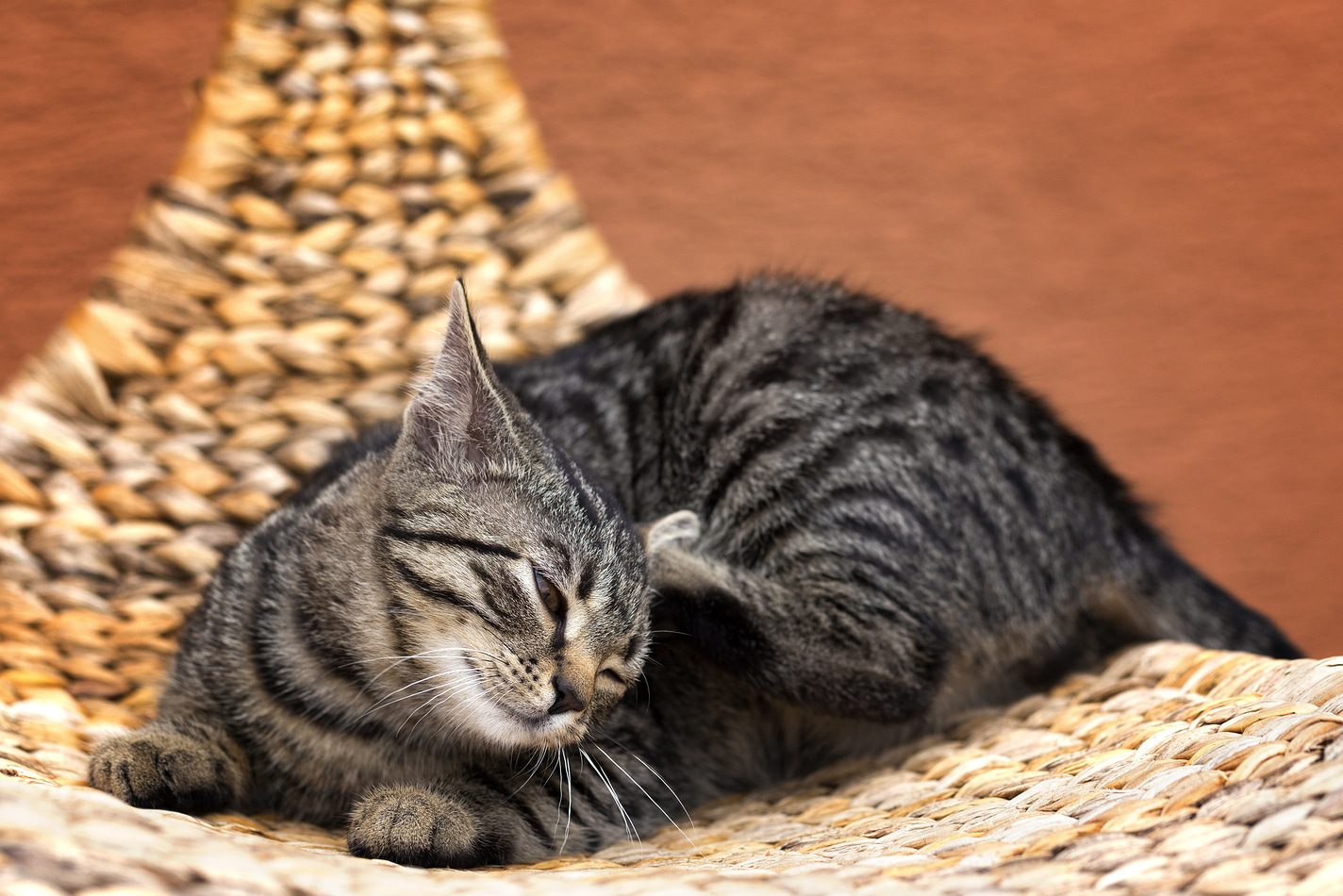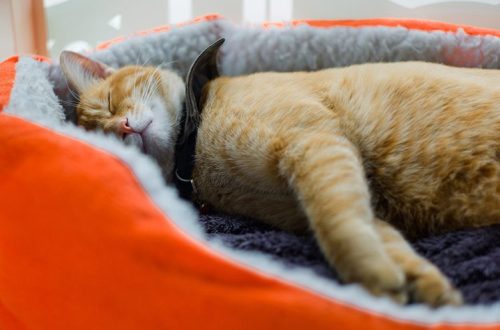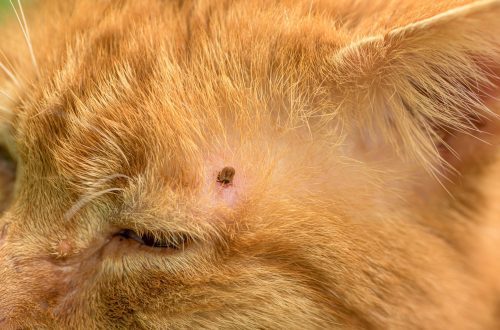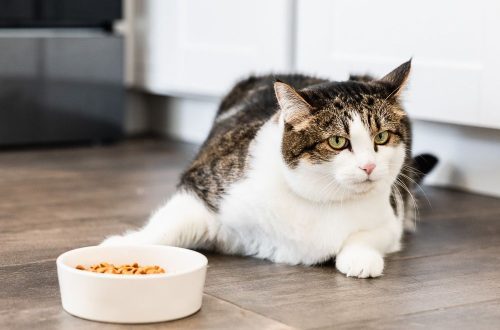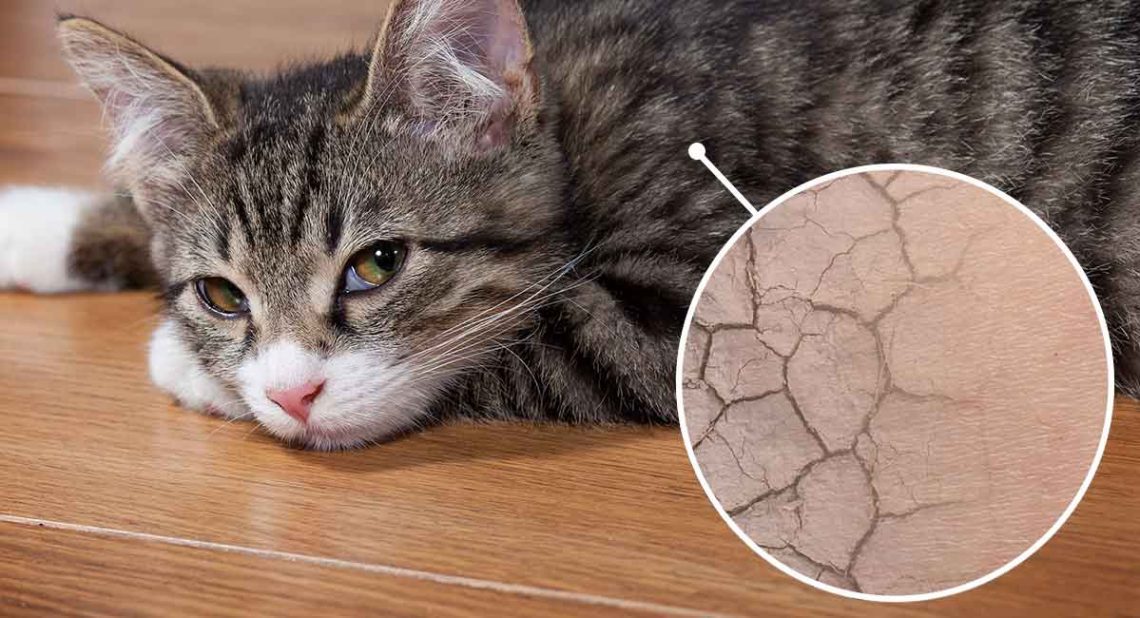
Dry and flaky skin in cats
If your cat’s skin is flaky or constantly itchy and no fleas are visible, it may have dry skin. If it’s winter outside, and the pet lives in a cold climate, most likely her skin simply reacts to weather changes, just like her owner’s skin. But if this is not due to bad weather, you need to figure out what causes irritation on the cat’s skin.
Contents
Symptoms and probable causes of dry and diseased skin in cats
Constant or regular scratching of the same area can be a sign that the animal has dry patches of skin. Another symptom of dry skin is dandruff-like scales on the coat and bald patches.
Occasional dry spots on the skin or occasional scratching are not usually a cause for concern, but if a cat has flaky skin, itches for days on end, or obsessively nibbles and licks one particular area, see a doctor. It will help to find out if the animal has any pathologies or skin irritation.
According to the Cornell Cat Health Center, there is a possibility that the cause of a cat’s dry skin is to be found in the food bowl. All pets need a balanced diet high in but not too high in fatty acids to maintain healthy skin and coat. Your veterinarian will advise if your furry pet needs to switch to a more nutritious food or try supplements such as fish oil.
Dryness does not go away immediately: the process can take up to one month after the start of the recommendations of the veterinarian.
If dry skin is observed in a cat mainly in the center of the back, the problem may be caused by excess weight. As Happy Cat points out, obese cats have a hard time reaching certain areas of their skin while washing and may end up with patches of dry skin or tangled fur.
skin and allergies
Allergies to environmental factors and other external influences are also a common cause of skin disease in cats. There are several reasons for the occurrence of such a pathology:
- new floor and furniture cleaners or air fresheners;
- washing blankets or clothes with a new detergent;
- the cat ate any medicines in the house;
- There are new animals in the house.
If it looks like your cat may have been affected by one of these factors, it’s best to call your veterinarian and describe the symptoms and the allergen to which she may have reacted. The specialist will tell you whether you need to come to the appointment or if you should wait a few days.
Together with family members, you can make a list of any new cleaning or cosmetic products that appeared in the house right before the cat began to itch. The pet can also be bothered by pollen, dust and mold. If she suddenly becomes lethargic, vomits, or has seizures shortly after scratching, a veterinarian should be contacted immediately. She may have severe food allergies or food poisoning.
Other pets
If a new pet is introduced into the house, fleas may be the cause of the cat’s skin problems, even if other pets don’t show signs of irritation. It is necessary to comb the pet with a flea comb and check its coat section by section for the presence of fleas or their waste – the black mass left by fleas, which is actually their feces.
According to The Spruce Pets, if no insects are found on a cat, it may have smaller parasites that cause itching, such as subcutaneous mites. The cat should also be checked for redness and scales, which could indicate a fungal disease, such as ringworm.
Changes in the behavior of all pets should be monitored to report them to the veterinarian and help him choose the right course of action to relieve itching in the cat.
Dryness and skin diseases in cats: treatment
You should not look on the Internet for ways to solve the problem through the use of cosmetics. According to the American Society for the Prevention of Cruelty to Animals, some oils, soaps, and products that are safe for humans can be poisonous to cats. A veterinarian should be consulted before attempting to soothe an irritated skin in a cat by any means.
Itchy, red, and irritated skin can be caused by food allergies in some cats. You can ask your veterinarian about a prescription food that can help relieve itching. In the process of solving the riddles of cat skin, you can keep the cat active games to distract her from scratching a certain area. This will help prevent infection from entering the wound. You can use humidifiers around the house and give your cat plenty of water to help relieve and prevent dryness.
If the cat has dry skin and itching, most likely the reason lies in the things in the house. With the help of a veterinarian, you can turn your home into a happy and comfortable home for your cat.
See also:
Sensitive skin and dermatitis in cats
Skin diseases in cats
Nutrition for healthy skin and pet hair
Everything you need to know about cat fleas
Tick on a cat
Important information about food allergies and intolerances in cats



